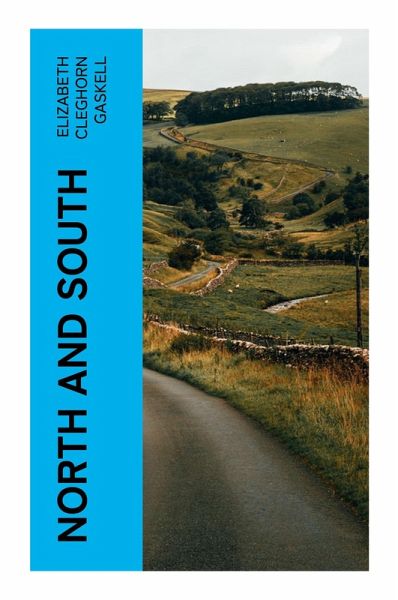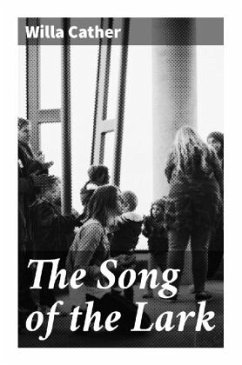
North and South
Versandkostenfrei!
Versandfertig in 6-10 Tagen
16,40 €
inkl. MwSt.

PAYBACK Punkte
0 °P sammeln!
In her seminal work "North and South," Elizabeth Cleghorn Gaskell intricately weaves a tale of social contrast set against the backdrop of England's industrial revolution. The novel chronicles the life of Margaret Hale, a young woman who moves from the pastoral South to the industrial North, revealing the stark dichotomy between the agrarian and industrial ways of life. Gaskell employs a rich, descriptive prose style that captures the cultural nuances of the period, while also engaging with contemporary social issues such as class struggle, labor rights, and gender roles. The narrative is both...
In her seminal work "North and South," Elizabeth Cleghorn Gaskell intricately weaves a tale of social contrast set against the backdrop of England's industrial revolution. The novel chronicles the life of Margaret Hale, a young woman who moves from the pastoral South to the industrial North, revealing the stark dichotomy between the agrarian and industrial ways of life. Gaskell employs a rich, descriptive prose style that captures the cultural nuances of the period, while also engaging with contemporary social issues such as class struggle, labor rights, and gender roles. The narrative is both a personal journey and a broader commentary on the forces shaping Victorian society, making it a crucial text within the canon of 19th-century literature. Gaskell, a prominent Victorian novelist and social commentator, drew inspiration for "North and South" from her own experiences and the socioeconomic changes she witnessed during her lifetime. Through her involvement in social issues and her close ties to the working class, Gaskell gained a profound understanding of the struggles faced by both industrial workers and their employers. Her empathy and commitment to social realism inform the novel's deep moral engagement, enriching her portrayal of its characters and their conflicts. "North and South" is not just a story of romance and societal tension; it is an essential exploration of the human condition amidst profound change. I highly recommend this novel to anyone interested in the intersections of class, culture, and personal growth, as Gaskell's compelling narrative offers invaluable insights into a pivotal era of social transformation.












